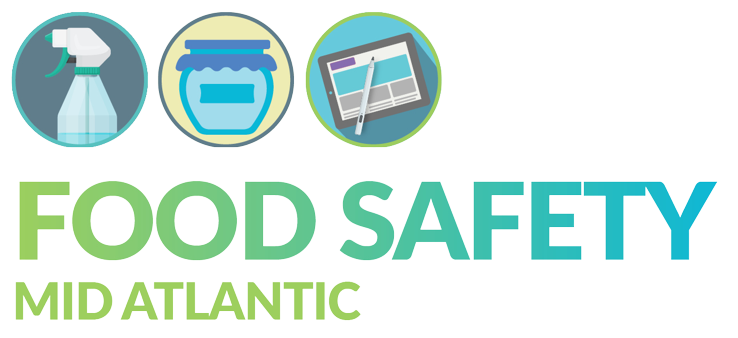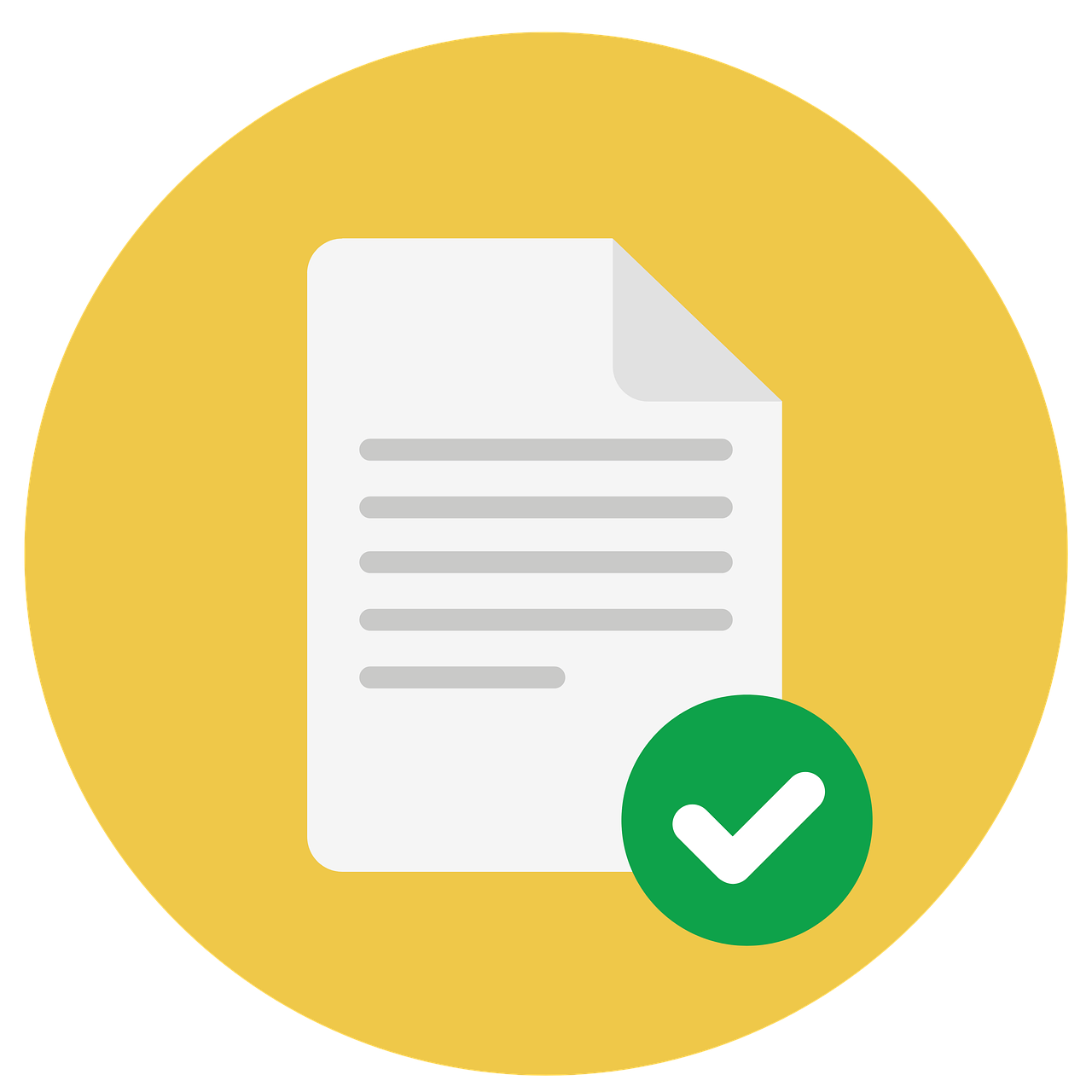Third-party audits are one of the tools used to keep our food supply safe and inspected. Larger stores and distributors often require proof of a third-party audit as part of their wholesale purchasing agreements. Therefore, as your food business grows, you need to be prepared to get one.
A third-party audit is an audit conducted by an independent organization not affiliated with either the seller or the purchaser of the food item (For more information on audits, check out this blog post). The purpose of the third-party audit is to get an unbiased assessment and verification of the safety and quality of food production.
Third-party audits are nothing to be afraid of if your food safety program is up-to-date and comprehensive. However, many businesses are lacking crucial documentation of processes which can make the audit process far more stressful. In this case-study, we’ll look at the journey of a client who found themselves in a predicament when asked for a third-party audit. We’ll explore how Food Safety Mid Atlantic is helping them overcome the hurdles and get their program set up.
The Initial Dilemma: The Request for a Third-Party Audit
Our client, a small food business, had been selling to Whole Foods for several years without needing a third-party audit. However, once Amazon acquired Whole Foods, they were asked to provide one.
The client had no audit on hand, nor did they have documentation of processes required to do an audit. They knew that to keep selling to Whole Foods; they needed to develop a comprehensive food safety program and obtain the audit.
First, the client reached out to several auditing bodies to find out what the audit would include and how much it would cost. They were given a fixed price of several thousand dollars for the audit alone, plus an additional three times that cost for the templates to create their SOPs and GMPs. This price covered only the templates, not support for filling them out.
This exorbitant cost and lack of support dismayed our client.
Reaching Out for Assistance and Preparing for the Audit
Fortunately, before committing to a high cost program with limited support, the client remembered meeting Cathy at a conference. They reached out to Food Safety Mid Atlantic, and we were happy to help.
First, we conducted a GAP analysis of the business, which essentially served as a self-audit to identify the gaps and shortcomings in the client’s food safety practices.
After the GAP analysis, we sat down with the client and discussed what to focus on and how best to proceed. They needed written processes and procedures and a way to log data. Since this was an established business, we recommend that they immediately begin using a food safety software such as Food Ready to keep track of their paperwork and logs. For newer businesses, we would start with a collection of Google Documents and Sheets.
We advised the client to inform Whole Foods and their distributors that they had begun developing and implementing the food safety program needed to get the audit. This transparency and commitment to improvement were well-received by all parties involved because the client could show they were working with a food safety consultant.
Challenges Faced: Time and Financial Considerations
Though the client is now in the beginning stages of getting their paperwork together, creating a documented food safety program, and eventually getting the audit, it has not been what they expected.
There is substantial time and money required to have a strong food safety program. Our client was originally given 180 days to prepare for their audit. Even assuming a written plan and a full-time food safety person, that would be a tight turnaround. Given where our client is starting from and the fractional services from Food Safety Mid Atlantic, we are expecting the process to take closer to eighteen months.
Food safety doesn’t come cheap. There is a high audit fee in addition to the cost of preparing all the documentation. Our client is relatively well established, but even small start-up companies end up paying thousands of dollars to set up their food safety programs. If you’re considering starting, or expanding a business, be sure to budget more than you expect for food safety costs.
The Value of A Food Safety Consultant
A solid, documented food safety program is the backbone of a food business, especially once you begin selling to major retailers. It’s necessary for getting your third-party audit, and for producing high-quality, consistent products.
As the case study above shows, having the support and guidance of a food safety consultant helps you navigate the complexities of building your program and obtaining your audit. The consultant can assist you to conduct a self-audit, identify areas for improvement, and create your food safety program. Being able to show evidence of your consultant also helps you maintain the trust of the retailers and distributors that purchase from you.
If you are in the same position of the client above and you need to build up your food safety program, create SOPs and GMPs, or prepare for an audit, we are here to help.

